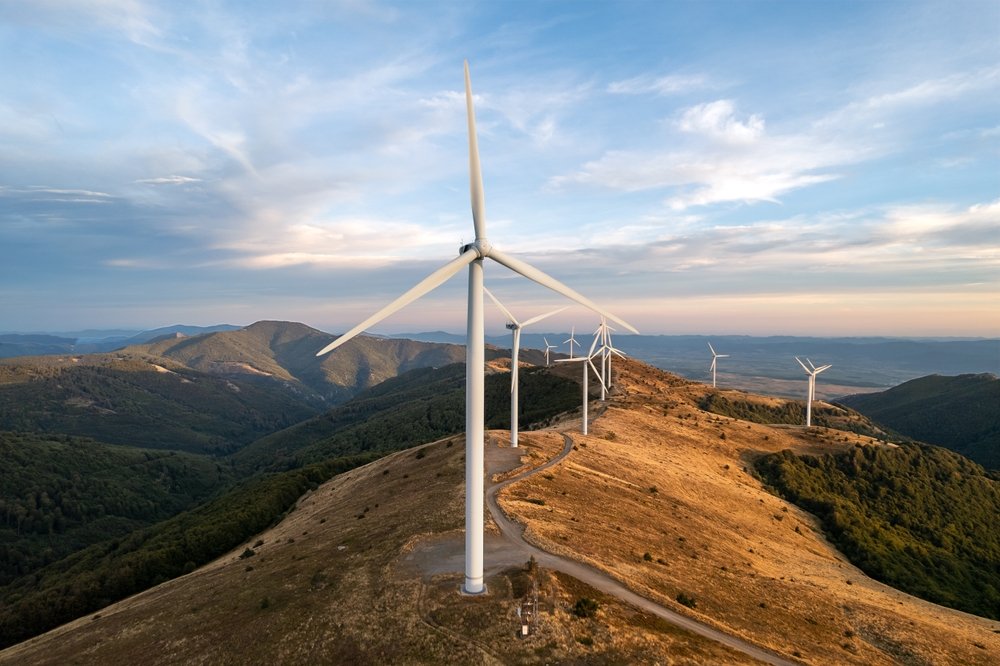The German Chamber of Industry and Commerce (DIHK) warns of the enormous financial consequences of the energy transition in a recent study. The analysis shows that a cost explosion of up to €5.4 trillion is looming. This burden is weakening Germany’s competitiveness as a business location. Energy, industry, buildings, and transport are particularly affected, as they will hardly remain viable without billions in investments. (dihk: 03.09.2025)
DIHK sees enormous billion-dollar investments as a threat
The DIHK commissioned the economic consultancy Frontier Economics to conduct an analysis that reveals alarming figures. Annual investments could rise from €82 billion to as much as €316 billion. Total private spending in Germany already amounts to €770 billion. A massive cost explosion is looming.

DIHK President Peter Adrian emphasized that the energy transition can only succeed with a strong economy. “The burden on companies and the population is reaching a level that jeopardizes our business location, our prosperity, and thus also the acceptance of the energy transition.” Without additional billions in investments, the project will be virtually impossible to implement.
Energy transition will result in billions in expenditures for energy systems
According to the study, total costs of up to €5.4 trillion will arise by 2049. Of this, up to €2.3 trillion will be spent on energy imports. A further €1.2 trillion will be used by the grids, while €1.1 to €1.5 trillion will flow into energy generation. The study clearly shows that an explosion in costs threatens Germany as a business location.
Adrian criticized the fact that unrealistic political targets are generating high costs and inefficiencies. Companies with high energy requirements are therefore relocating their production abroad. This negatively impacts competitiveness, and important jobs are lost.
Competition and competitiveness are the focus of the DIHK
The DIHK explicitly warns against a continued course of energy policy. Without a course correction, there is a risk of a loss of competitiveness. This would undermine both climate neutrality and the economic foundation.
Achim Dercks, Deputy Chief Executive Officer, also emphasized the need for new approaches. The study provides “important impetus” and calls for an open, unbiased dialogue. The goal must be to secure competitiveness through realistic approaches.
Study Shows Savings Potential Despite Billions in Investments
Frontier Economics proposes a comprehensive CO2 certificate trading system. This would make ambitious climate protection possible without weakening the country’s economy through unilateral national efforts. The authors also recommend less bureaucracy, stronger technological competition, and the use of existing infrastructure. For example, even gas networks could be used for climate-neutral natural gas or hydrogen in the future.
This concept could open up savings of up to €910 billion. A moderate shift in the climate target would free up a further €80 to €220 billion. Despite billions in investments, significant costs can thus be reduced.
Reducing Bureaucracy to Prevent Cost Explosion
In addition to long-term reforms, the German Chamber of Industry and Commerce (DIHK) is calling for short-term measures. These include coordinated grid planning, an end to unnecessary subsidies, and a technology-neutral energy mix. New gas-fired power plants should not be financed with state funds, but rather through market-based incentives.
Dercks criticized the bureaucratic burden that burdens companies. At the EU level, the Green Deal is leading to increasing complexity. The Building Energy Act also needs to be streamlined at the national level to make the energy transition more efficient. This will reduce costs and increase competitiveness.
Appeal for a sustainable energy transition
Dercks called for clear decisions this year. The energy transition can only be successful if it is designed to be technologically open, more flexible, and cost-effective. Only a policy that prevents cost explosions and simultaneously creates space for innovation will secure Germany as a business location and strengthen its competitiveness.
